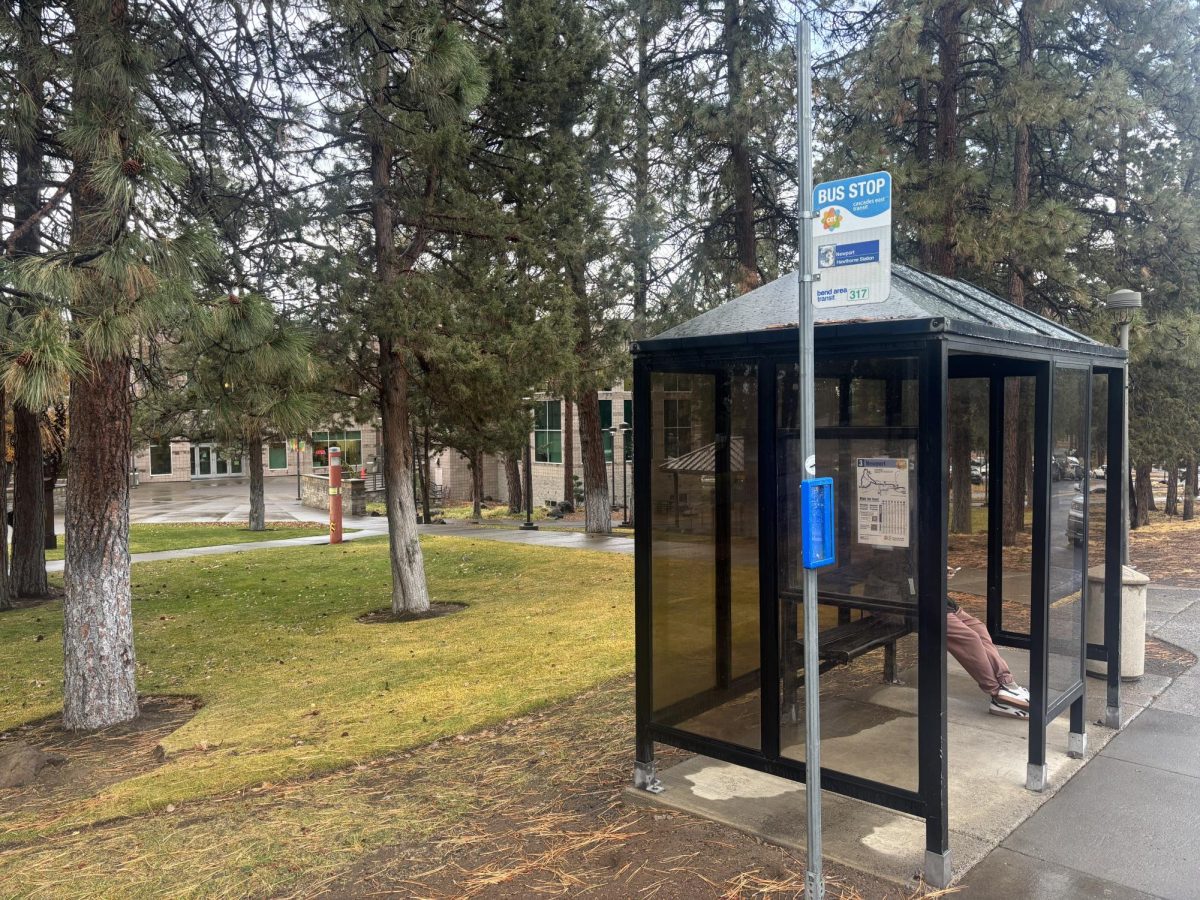Nearly half of college students in the United States hold part-time or full-time jobs. But as this group of hardworking individuals strive towards their goals, how many stop to think about their rights as a worker?
While at work, your boss or manager may seem like the ultimate authority in their element. They tell you what to do, when to do it, and how it should be done. And at the end of the day, they pay you, right? Apparently not always.
The three most common violations
The most common labor law violation is wage theft, which can look many ways. The most obvious is when an employer pays a worker less than minimum wage or fails to pay for their total hours worked. Tip theft, including using tips to make up for shorting hourly pay is another common form of wage theft. Other forms include: unpaid overtime, not providing legal breaks or requiring off the clock work.
These violations can easily be tracked by requesting a physical copy of each paycheck with a breakdown of pay per hour. If your employer cannot provide this information, they are in violation.
Another common violation of labor rights is inequality of pay. This is when a manager pays one worker less for doing work equal or comparable to another worker. This can be solved by being open to discussing pay with coworkers. A boss may have workers believe that discussing their pay with coworkers in or outside of work is against policy or even illegal, but this is far from the truth.
Workplace abuse is an all-too-common occurrence, and likely one of the least talked about. Whether it be sexual or physical abuse, nobody in a workplace should feel threatened or violated. If you are a victim of abuse, it is important to document all these incidents. Then, report to Human Resources and law enforcement, to ensure the company is held accountable for fixing the problem. One person speaking out against a workplace abuser can make all the difference for those to come.




















